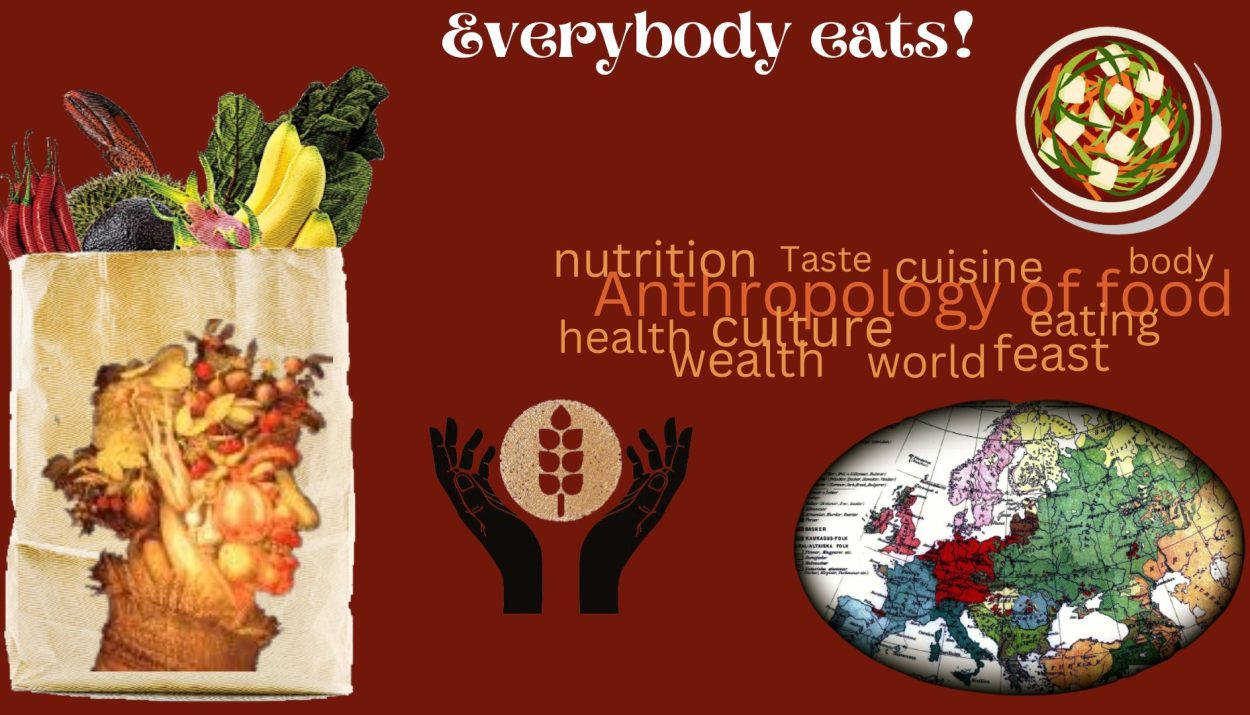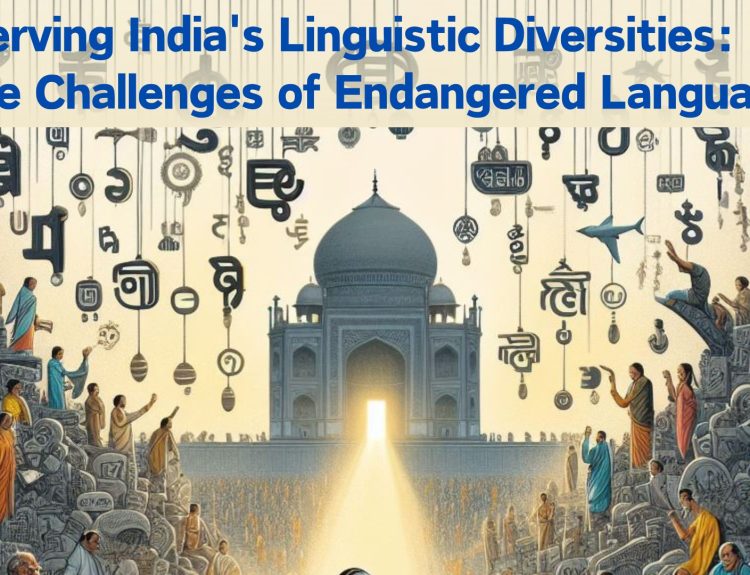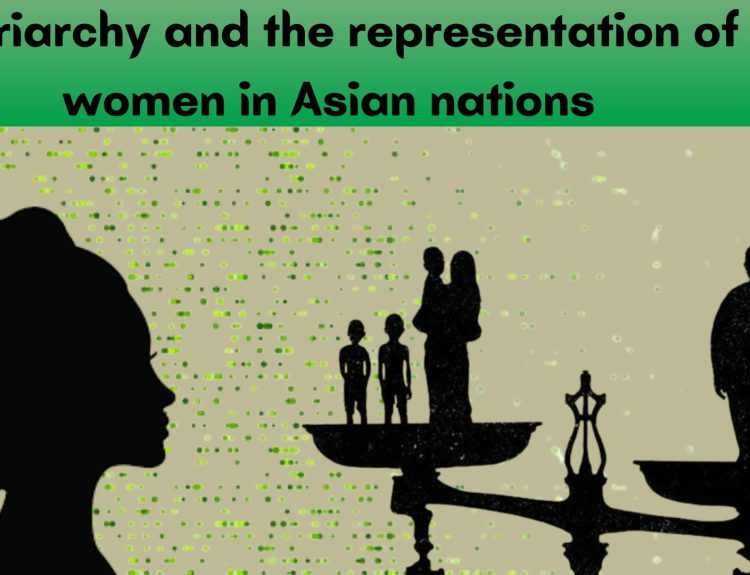Food is one of our basic needs. We need to eat, we need water. So people look for solutions about how to get food, how to distribute that food, how to trade that food and how to sell that food. It is essential to find out how societies use food. The anthropology of food tells us how we are all connected to the world through our food.
Food has always been an important part of the culture. Food is culturally determined. Food is a part of human history. It is a part of their religion. We, humans, were the first hunters and gatherers. Slowly and steadily we became agriculturalists. It was difficult for us to make the right decisions about food.
Think about how your perceptions of food and nutrition and culture have changed over time. Food is at the centre of many key issues such as inequality, health and diet, animal welfare, biodiversity, climate change, urbanization, international migration, the future of rural livelihoods, traditional knowledge, skills and lifestyles.
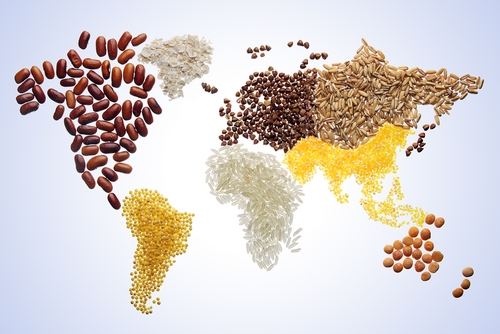
Understanding food customs helps us to think about what really matters to society and how they express their unique identity in this world.
Role of Anthropologists
Anthropologists are interested in how people get the food that they need in terms of nutrition and sustainability. They want to understand how food is shared, how they consume food and how it actually passes from one group of people to another.

Anthropologists use food to determine the social norms and cultural facts that people have. Anthropologists divide the method of food procurement into four major types – hunting and gathering (forage), pastoralism, horticulture and agriculture. Keep in mind that if a society practices hunting and gathering it does not mean that they cannot practice agriculture or any other type.
Hunting and gathering is the way of life for early humans. They live off the land. They keep on moving according to resource richness. Horticulture is the production of plant foods using only hand tools. It is different from agriculture because agriculture involved the use of livestock to pull heavy ploughs and mechanized machines.
Pastoralism is the breeding and management of large herds of domesticated animals. Agriculture is the production of food on a large scale. It also often involves irrigation and large-scale investments in plants and soil.
Domestication is the process of adapting wild plants and animals to human use (national geography).
Food and Culture
Your culture can colour what you think about your food and what you consider to be food. Culture makes you think about some food, not food. Some people eat crawfish and others find it disgusting but biologically speaking it is very nutritious for you.
Your culture influences what you think of as food and what you don’t think of as food. What you like to eat is definitely culturally influenced. Many cultures eat insects because they are highly nutritious and easy to catch. But it is not the same for other cultures to find insects as food.
There are eating rules that vary from culture to culture. For example, in some cultures, you are not allowed to chew with your mouth open, and you use your fork, knife, and spoon. There are also many unconscious social norms related to eating such as what food you can eat with your hands and which food you cannot eat. Such rules are unknowingly adopted through Enculturation.

Some meals are highly ritualistic. For example the Japanese tea ceremony. There are even some schools that teach people how to eat dinner in polite company, how to use and where to put your forks, knives and spoons, when you are allowed to talk and eat and many other manners are related to eating habits.
Food and Gender
Everywhere in the world food preparation is associated with the female gender. Food is often seen as the work of women, especially cooking, preparing and serving food. But still, around the world, the top chefs in every restaurant are men and in many cases, they built their fame on the idea of using their grandmother’s recipes or cooking.
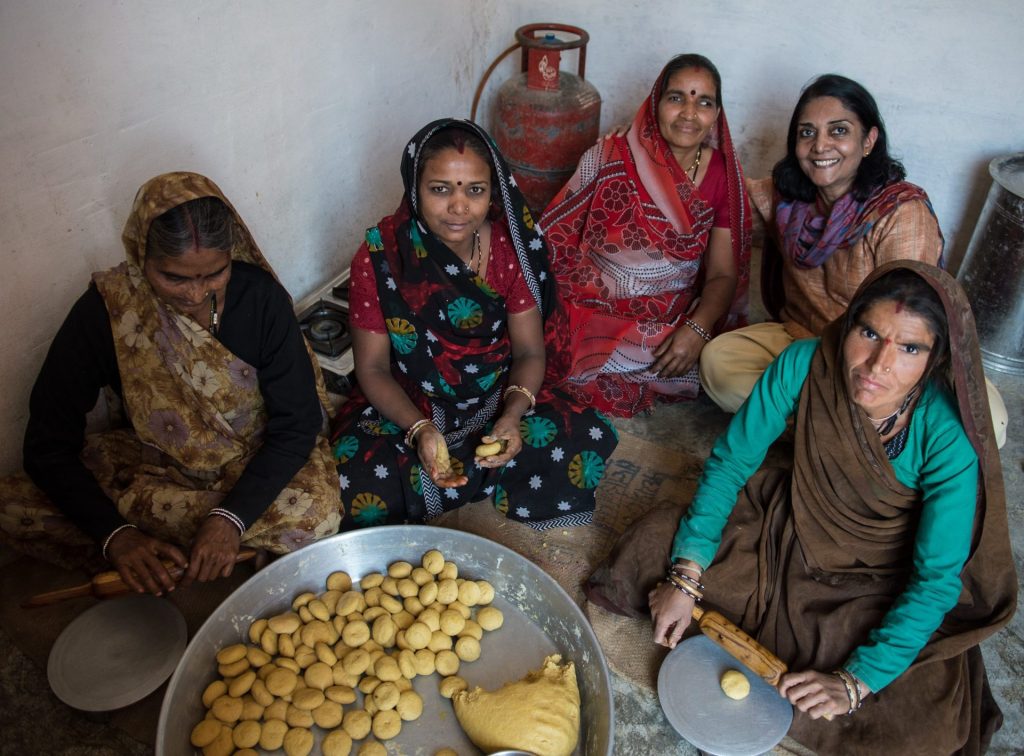
Women are expected to spend more time ensuring that food is produced and served for the family. Food is often a way that women pass religious, ethnic and cultural values to the next generation. When women are given financial opportunities through food production they are more likely to succeed than men.
Conclusion
Food is fundamental to human life. It nurtures our social organization, our cultural identity, and our relationships with non-human animals and the environment.
We have made formal rules about food. These social norms are so ingrained in our cultural education that we don’t even think about them. The anthropology of food focuses on various aspects and tries to understand the importance of food in our daily life.
Read more
- Lamarck’s Theory of Evolution
- Bipedalism and Structural Changes
- Natufian Culture
- Cache of ancient coins dating back 100,000 years unearthed in Japan
- James George Frazer


